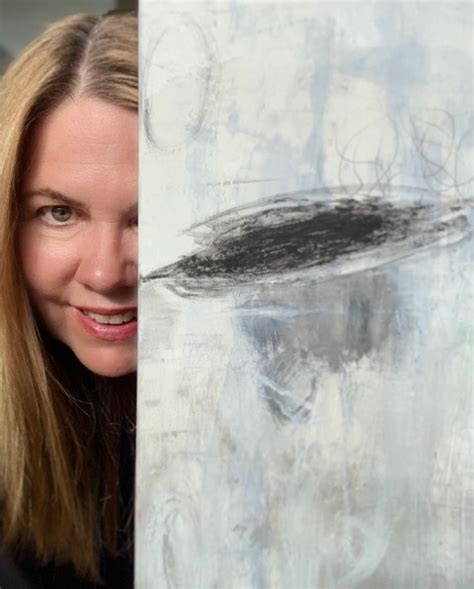A Quote by Plutarch
Immoderate grief is selfish, harmful, brings no advantage to either the mourner or the mourned, and dishonors the dead.
Related Quotes
in coming to terms with the newly dead, I seem to have agitated the spirits of the long dead. They were stirring uneasily in their graves, demanding to be mourned as I had not mourned them when they were buried. I was plunged into retroactive grief for my father, and could no longer deny, though I still tried, the loss I'd suffered at the death of my mother. ... Was it possible ... that one could mourn over losses that had occurred more than half a century earlier?
There is nothing more painful than the untimely death of someone young and dear to the heart. The harrowing grief surges from a bottomless well of sorrow, drowning the mourner in a torrent of agonizing pain; an exquisite pain that continues to afflict the mourner with heartache and loneliness long after the deceased is buried and gone.
Much of Hamlet is about the precise kind of slippage the mourner experiences: the difference between being and seeming, the uncertainty about how the inner translates into the outer, the sense that one is expected to perform grief palatably. (If you don’t seem sad, people worry; but if you are grief-stricken, people flinch away from your pain.)
Grief is real because loss is real. Each grief has its own imprint, as distinctive and as unique as the person we lost. The pain of loss is so intense, so heartbreaking, because in loving we deeply connect with another human being, and grief is the reflection of the connection that has been lost. We think we want to avoid the grief, but really it is the pain of the loss we want to avoid. Grief is the healing process that ultimately brings us comfort in our pain.
Marley was dead, to begin with. There is no doubt whatever about that. The register of his burial was signed by the clergyman, the clerk, the undertaker, and the chief mourner. Scrooge signed it. And Scrooge's name was good upon 'Change for anything he chose to put his hand to. Old Marley was as dead as a door-nail.
No benefit comes from a just man's prayer if he who asks for it finds more pleasure in sin than in virtue. For Samuel mourned over Saul when he sinned, but he was not able to obtain God's mercy, for his grief was not supported by the necessary change of life on the part of the sinner. Hence God put an end to the pointless grief of His servant, saying to him, 'How long will you mourn for Saul, seeing I have rejected him from reigning over Israel?' (I Sam. 16:1).









































